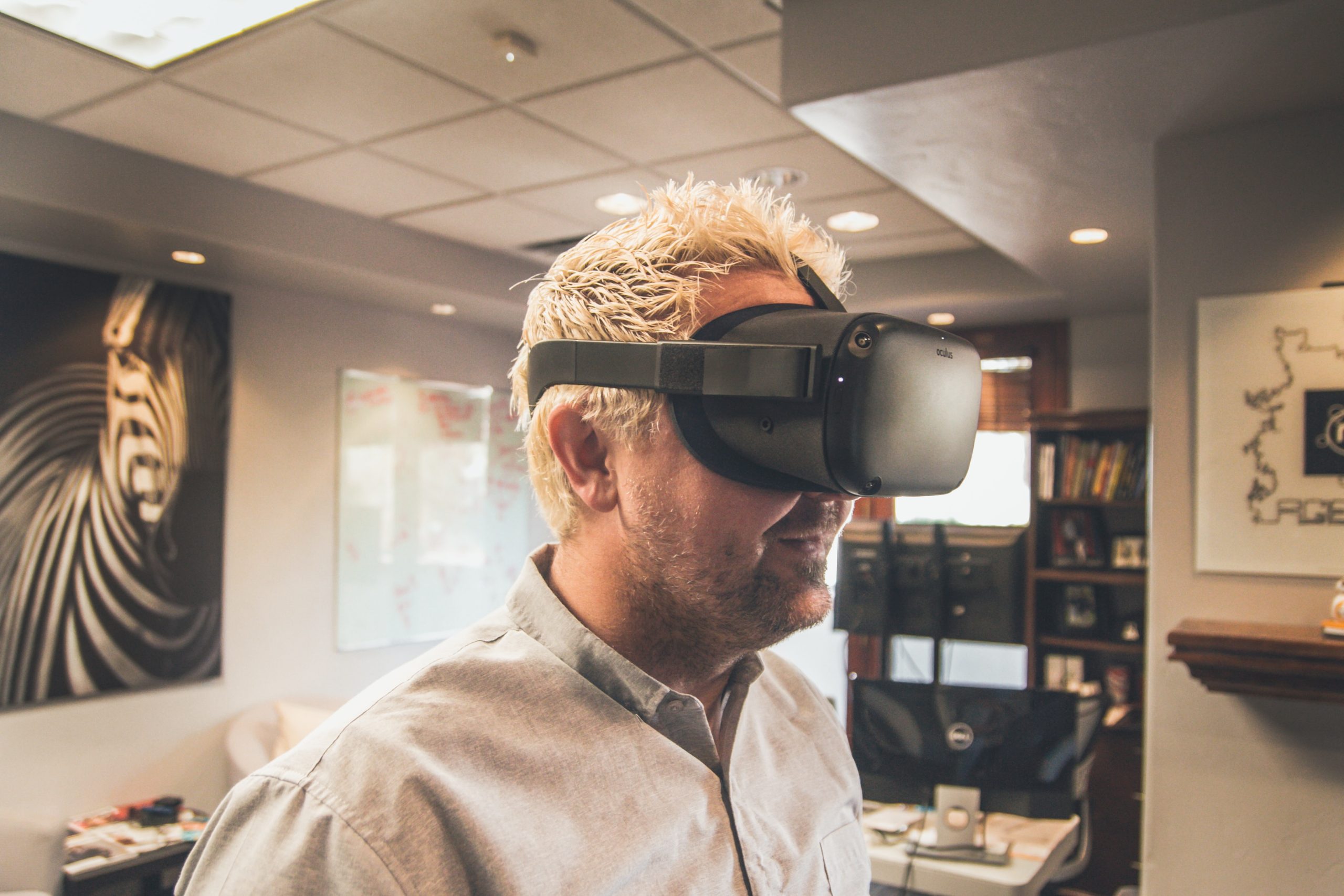The metaverse has taken over 2022
This futuristic future is the newest corporate term. However, does it live up to the hype?
Why the metaverse continues to make headlines
During COVID-19, everyone depended on video calls and the web channel. To communicate with consumers, brands shifted to digital media. This era saw increased AR and VR adoption for virtual product testing.
The metaverse extends virtual, augmented, and mixed reality technology. That is now in use.
However, the metaverse is more complicated. It integrates the technologies above with social media, live streaming, cryptocurrency, and gaming platforms to create a more advanced virtual environment where users can dress and explore their avatars.
The promise of this better-connected, shared, holistic 3D area has the potential to revolutionize brand experiences and advance online commerce significantly.
The advanced technologies of the metaverse might enhance the online experience by more faithfully simulating the interactions and emotions of the in-person encounter.
This is why digital customers are most interested in utilizing virtual technology. But other uses of this technology, such as buying NFTs, are still in their infancy.
The promise of this better-connected, shared, holistic 3D area has the potential to revolutionize brand experiences and advance online commerce significantly.
The advanced technologies of the metaverse might enhance the online experience by more faithfully simulating the interactions and emotions of the in-person encounter.
This is why digital customers are most interested in utilizing virtual technology. But other uses of this technology, such as buying NFTs, are still in their infancy.
Companies are beginning to focus more on the metaverse.
During a 2021 earnings conference, Facebook declared substantial efforts to establish a metaverse, at which point the word became common to use. The social media giant then changed its name to Meta.
Microsoft MSFT -1.2 percent and Epic Games almost simultaneously announced multimillion-dollar investments in this expanding realm. Like Nike NKE -1.9 percent, Coca-Cola KO +1 percent, Gucci, and Procter & Gamble PG +0.2 percent, consumer goods businesses are now vying for a foothold in this developing market.
Profiting from this 3D environment
Many businesses are focused on establishing credibility among early adopters of the metaverse, but the emphasis is on commerce.
In 2021, there was an increase in fascination with digital assets and cryptocurrencies. Burberry and Mythical Games collaborated on an NFT collection for Mythical Games’ main game. Last year, Coca-Cola auctioned off its first NFT memorabilia.
There are businesses in the beauty and fashion industries. They have been the most prominent players in the metaverse thus far. These items, including cosmetics, clothing, and accessories, are perfect for this digital world, where innovative technologies improve the virtual try-on experience.
Several businesses want to extend their digital retailing efforts in the future, but their strategies range from maintenance to considerable expansion. All brands will likely require a metaverse strategy within a few years, while 2022 will be reserved for the leaders.
Performing actions in the metaverse
Brands will need to embrace the metaverse to reach up-and-coming consumers, such as Generation Z, who abandon traditional media in favor of gaming or social platforms.
In reality, these consumers, who utilize online games and video-first social media for streaming and socializing, are laying the framework for the transition to metaverse platforms.
Beyond early use cases, businesses and brands will have chances to communicate with consumers in immersive settings. However, companies do not have to pivot overnight.
Innovative businesses must continue using AR and VR technologies in their commerce strategy.
First, focus on brand engagement. Then, seek and invest in more complicated use cases, such as developing a virtual showroom or reproducing a physical experience online. These apps will act as a natural stepping stone toward more dynamic touchpoints.
Once these technologies become more widespread, it is conceivable that people will desire similar experiences. To be effective, merchants and brands must engage customers across multiple channels, meaningful and genuine.
You can do whatever you want in the metaverse and Los Angeles Software Developers can build it. Contact us today to discuss your metaverse project.




